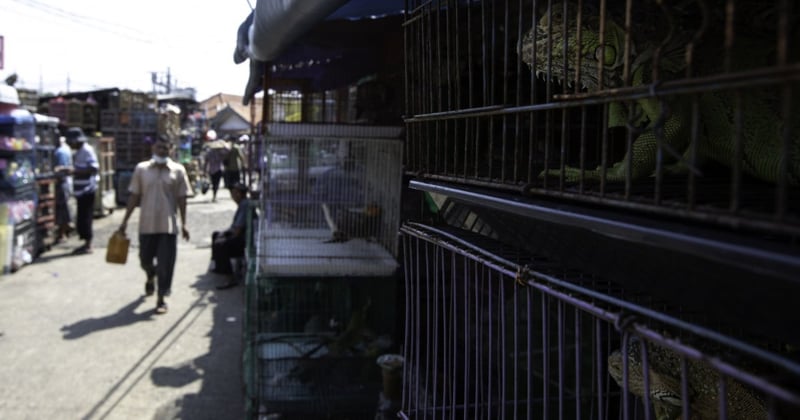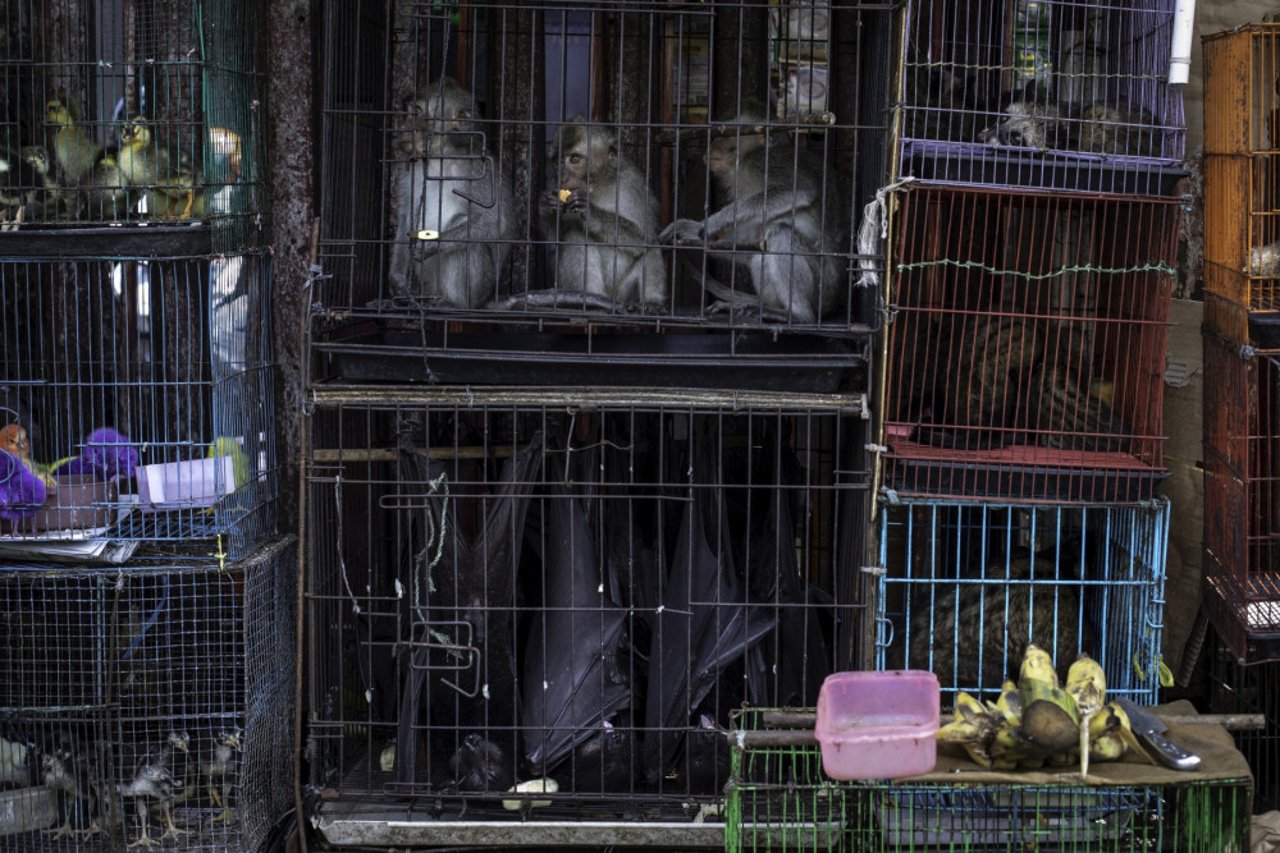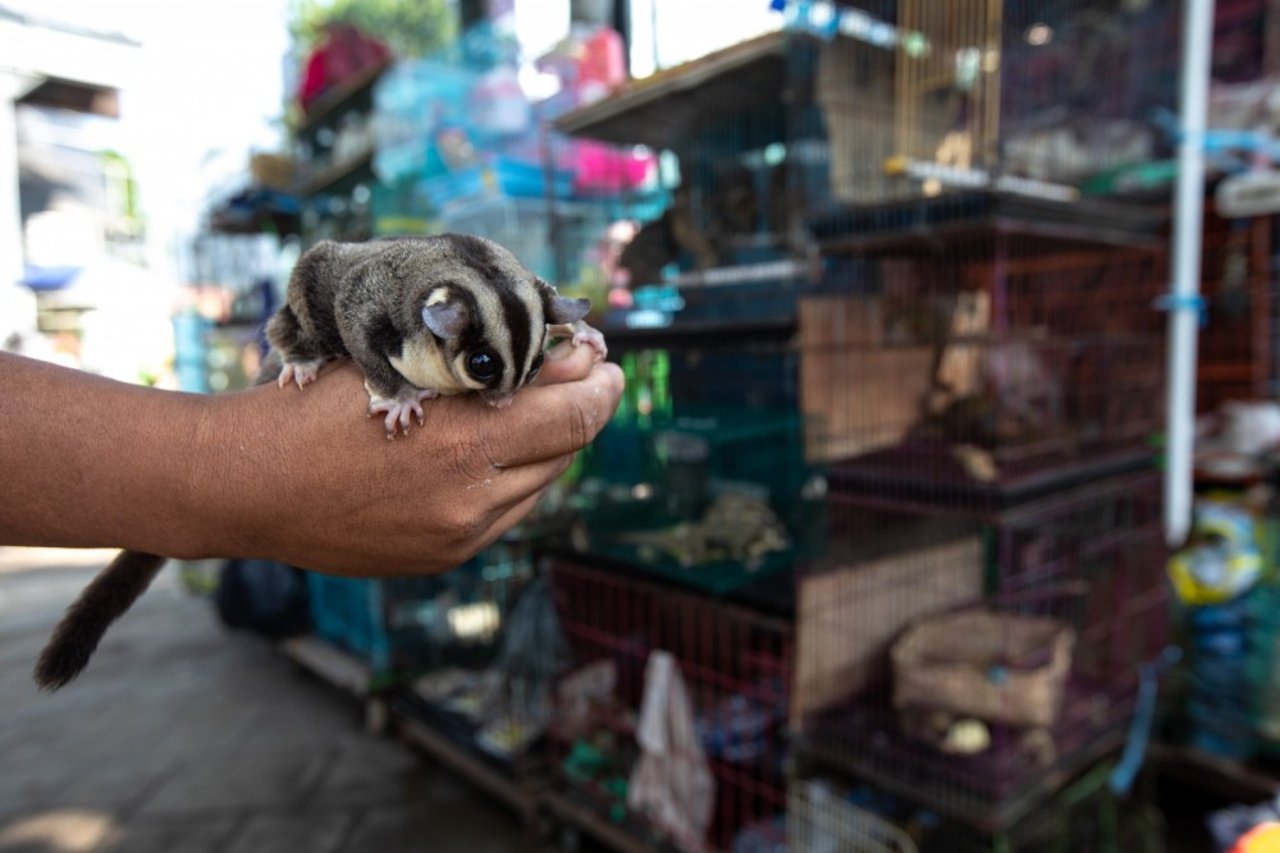
Why we need to curb the wildlife trade
News
With the COVID-19 pandemic sweeping across the globe, we can no longer ignore the dangers of exploiting wild animals
Every day, thousands of wild animals are poached, farmed or sold into the global multi-billion-dollar trade – for food, pets, traditional medicine and entertainment. Horrific conditions cause unimaginable suffering for every single animal involved. They also create a hotbed of zoonotic disease, leading to outbreaks like SARS and now COVID-19.
Beyond the pain inflicted on animals, we must stop this trade in wild animals now to help prevent future global health crises and protect our environment for generations to come.
Curbing the wildlife trade: a path to a solution
Global and national action to curb the wildlife trade is one of the most effective strategies to prevent future pandemics and is necessary to reduce animal suffering and protect biodiversity. That’s why World Animal Protection Canada has joined up with other animal protection organizations across Canada in urging the federal government to do all that is in their power to prevent a crisis like this from ever happening again.
With the G20 Leaders' Summit this November, we’re calling on Canada to support and champion a ban on wildlife markets and to curb the international and domestic trade in wild animals and their products.
68% of Canadians would like to see governments around the world implementing a ban on wild animal markets.
You can read our joint letter to the Prime Minister here.
Demand world leaders act to end the suffering of wild animals and protect our health
When the G20 meet in November, they will focus on dealing with the pandemic and coordinating a global response.
That response must include a commitment to ending the global trade in wild animals forever.
This will help stop future pandemics and protect millions of animals.
Call on our leaders to protect wild animals, our health and the environment. Sign our petition today:

